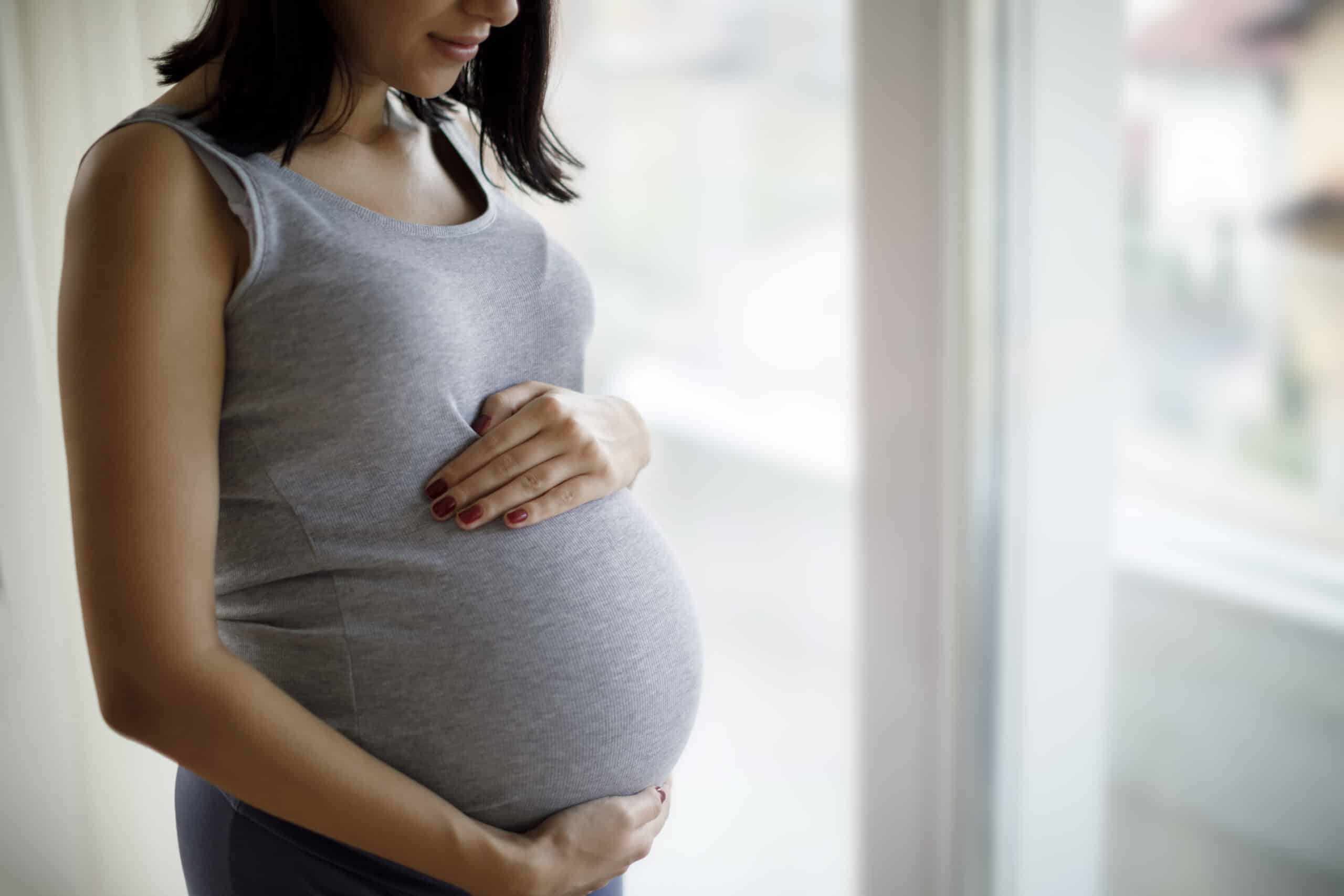Preventing Birth Defects and Keeping Baby Healthy During Pregnancy
Approximately 380,000 babies are born premature each year. Johns Hopkins All Children’s Hospital treats about 800+ babies in the neonatal intensive care unit (NICU) each year, many who have a very low birth weight or other medical complexities. Oftentimes moms cannot prevent genetic issues or other potential complications that may lead to treatment for babies in the NICU, but there are some things expectant moms can do to possibly prevent hospitalization at birth. Below are some of the most common questions that experts in the Maternal, Fetal and Neonatal Institute at Johns Hopkins All Children’s Hospital receive from expectant moms.
What are the best ways to keep babies safe and healthy?
- Take folic acid, which helps to prevent brain and spine defects. Talk to your obstetrician about the correct dosage for you.
- Avoid alcohol, tobacco and other drugs during pregnancy.
- Focus on a lifestyle that includes healthy eating and regular physical activity to get pregnant at and maintain a healthy weight, which can help prevent pregnancy complications such as gestational diabetes, preeclampsia and Cesarean section (C-section).
- Encourage the whole family, caregivers and grandparents to get vaccinated, especially for COVID-19, influenza and whooping cough.
- Mask up, wash hands, avoid crowded areas and receive the COVID-19 booster shoot if applicable.
Should I get the Covid vaccine if I’m pregnant or planning to become pregnant?
Recent data reports an increased risk of intensive care unit admission, need for mechanical ventilation and ventilator support and death in pregnant women with symptomatic COVID-19. This is why it is very important to receive a COVID-19 vaccine if a woman is pregnant or is thinking about becoming pregnant. In clinic, physicians have also heard concerns about fertility and miscarriages, but there is no evidence related to fertility issues, nor increased risk for miscarriages.

Looking for Things to Do in Tampa Bay?
>>This Week’s Favorite Events
>> Nearby U Pick Farms
>> 40+ Free Things to Do with Kids
How does the COVID-19 vaccine affect breastfeeding?
Some studies are showing vaccinated moms who breastfeed pass antibodies along to their babies. But it’s important to remember, the vaccines do not contain live virus, so there isn’t an infection risk to the baby, nor should mom delay or discontinue breastfeeding after getting the vaccine.
For more relevant pediatric healthcare information, visit HopkinsAllChildrens.org/Newsroom. You also can download our free Pocket Doc app, which features a symptom checker, parenting advice and other tools for staying in touch with us.
About the Author: Dr. Apostolakis-Kyrus specializes in maternal-fetal medicine in the Johns Hopkins All Children’s Maternal, Fetal & Neonatal Institute. She earned her medical degree at Eastern Virginia Medical School and completed her Obstetrics and Gynecology Residency at Bayfront Health in St. Petersburg, Florida. She completed a fellowship in Maternal and Fetal Medicine at University of Tennessee Health Science Center.
*Presented by Johns Hopkins All Children’s Hospital





